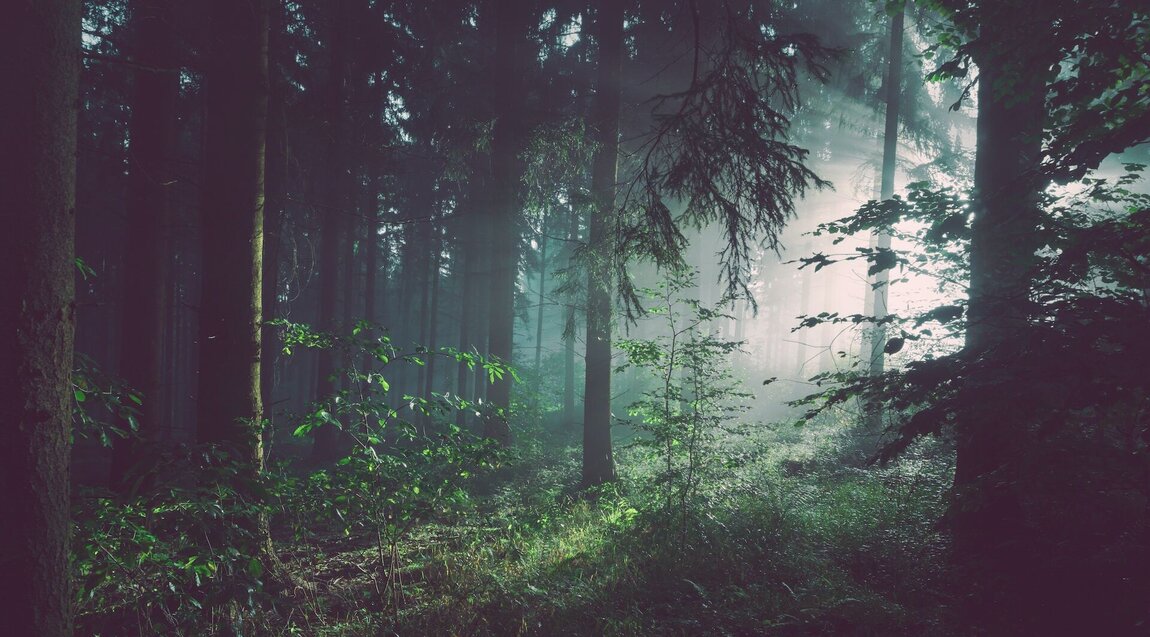Hunting and the Origins of Sport
Why are humans obsessed with sport? A common explanation is that we are tribal creatures, and so because sport involves teams, we are naturally drawn towards this form of competition. One’s team becomes part of one’s identity, and one’s emotions become intensely invested in the team’s success. Of course, sports also display a level of…
View Post



